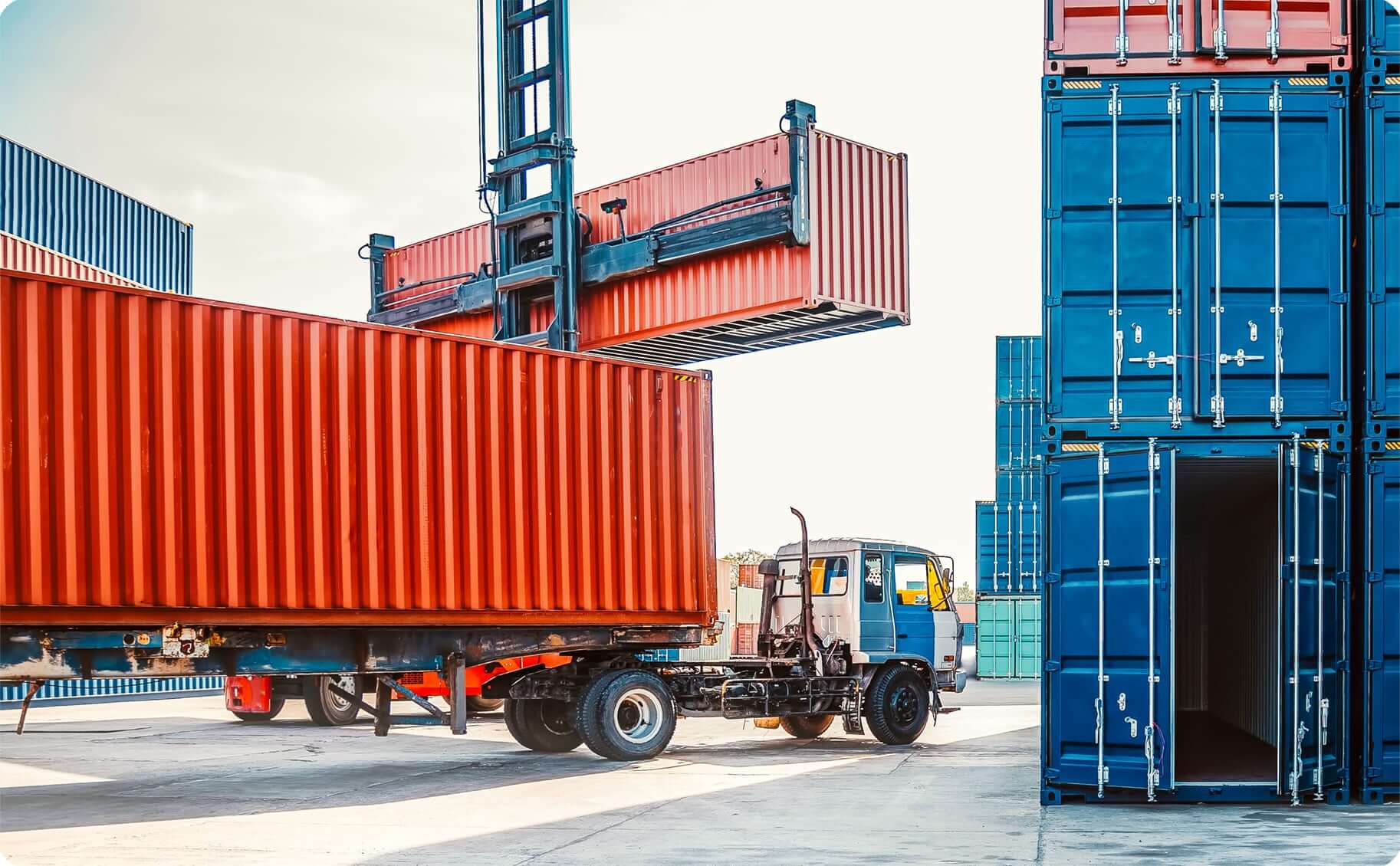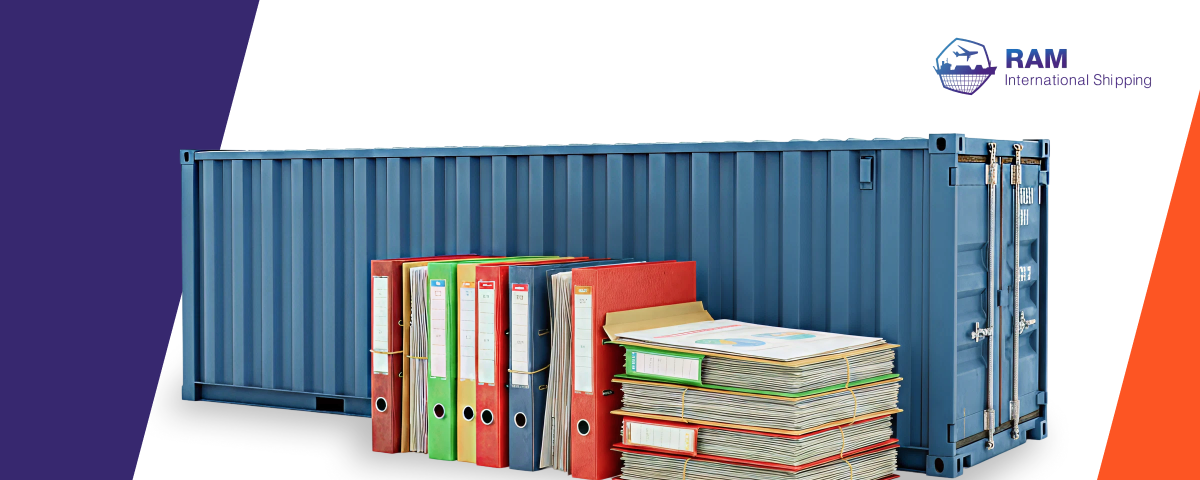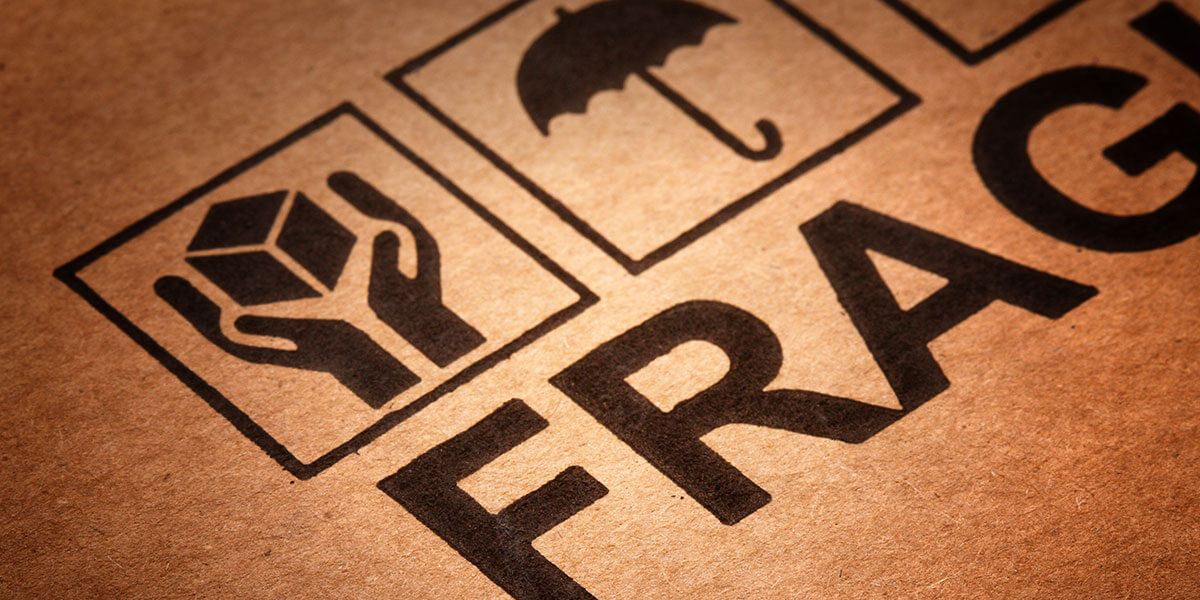
When it comes to international trade, ensuring that both buyers and sellers clearly understand their responsibilities is essential for avoiding costly misunderstandings. One of the most commonly used terms in shipping contracts is FCA (Free Carrier). This Incoterm is vital because it defines where and when the seller’s obligations end and the buyer’s begin, making the international shipping process more efficient and risk-conscious. In this article, we’ll dive into the specifics of FCA, outlining its key components and how it benefits both parties in a transaction.
What Is FCA (Free Carrier)?
FCA (Free Carrier) is an Incoterm that specifies that the seller delivers the goods to a carrier or another nominated party (such as a freight forwarder) at an agreed location. At this point, the responsibility for the goods is transferred to the buyer. The flexibility in choosing the point of delivery is a key feature of FCA, which could be:
- The seller’s premises
- A specified terminal, port, or warehouse
Responsibilities Under FCA
To better understand FCA, it’s important to know how the responsibilities are divided between the buyer and seller.
Seller’s Responsibilities
Under FCA terms, the seller plays a key role in ensuring the goods are ready and properly handed over to the carrier. Below are the main tasks the seller is responsible for:
- Packaging and Documentation: The seller is responsible for packaging the goods and providing the necessary export documentation.
- Loading: If delivery occurs at the seller’s premises, they handle loading the goods onto the transport arranged by the buyer.
- Delivery: The seller must ensure the goods are delivered to the carrier or a nominated third party at the agreed location.
- Export Clearance: The seller is responsible for clearing the goods for export, complying with legal requirements.
Buyer’s Responsibilities
Once the goods are delivered to the carrier, the buyer assumes responsibility for transportation and other critical aspects of the transaction. Here are the key duties the buyer takes on:
- Transportation: Once the goods are handed over to the carrier, the buyer takes on all costs and risks associated with transportation.
- Import Duties and Clearance: The buyer handles import duties and ensures the goods are cleared for entry into the destination country.
- Insurance: While insurance is not mandatory under FCA, the buyer typically arranges it to cover the risk from the point of delivery onward.
Example of FCA in Use
Consider a scenario where a European manufacturer sells products to a U.S. buyer. Under FCA terms, the buyer arranges for a freight forwarder to pick up the goods at the manufacturer’s warehouse:
- The manufacturer (seller) is responsible for packing the goods, handling export documentation, and loading them onto the forwarder’s truck.
- Once loaded, responsibility for the goods transfers to the buyer, who then handles the transport, shipping, and any subsequent risks.
FCA ensures that each party understands when responsibility shifts, minimizing disputes over the handling of goods during transit.
Benefits of FCA Incoterms
FCA is favored for several reasons, including:
- Clarity on Risk Transfer: FCA provides a clear point at which risk passes from the seller to the buyer, reducing confusion or disputes.
- Flexible Delivery: It allows for delivery at various locations, offering flexibility in shipping arrangements.
- Control Over Shipping Costs: Since the buyer arranges transport, they have more control over choosing cost-efficient shipping methods.
Disadvantages and Risks of FCA
While FCA offers many benefits, there are potential challenges:
- Risk During Loading: If goods are damaged during loading at the seller’s premises, the buyer bears the risk. It’s crucial for the buyer to ensure careful handling by their chosen carrier.
- Insurance: As the seller’s responsibility ends once goods are delivered to the carrier, the buyer must consider whether to arrange adequate insurance coverage for the rest of the journey.
Final Thoughts
FCA (Free Carrier) simplifies the complexities of international trade by clearly defining the point of risk transfer between sellers and buyers. Its flexibility and clarity make it a trusted choice for businesses looking to streamline their shipping operations. By knowing when and where responsibility shifts, both parties can plan and execute their transactions with confidence, ensuring smoother deliveries and fewer disputes.



